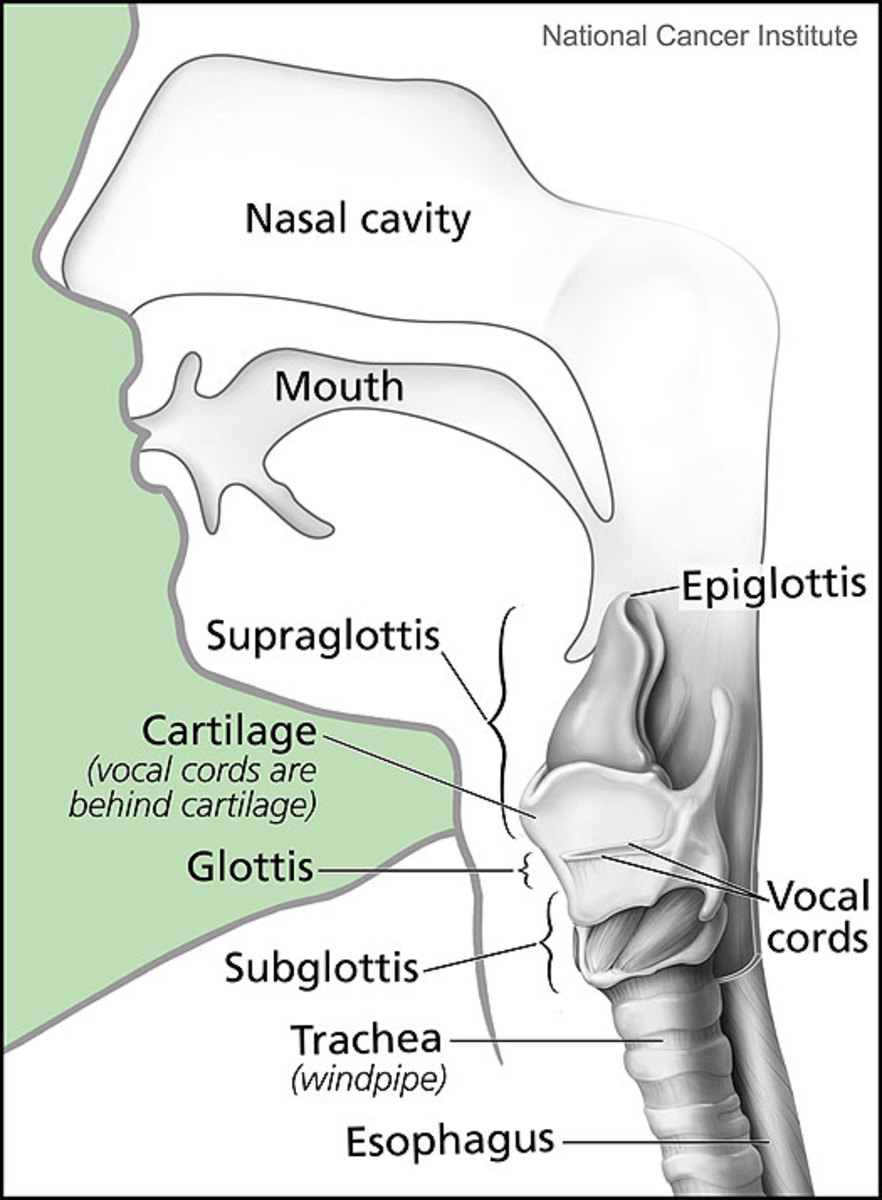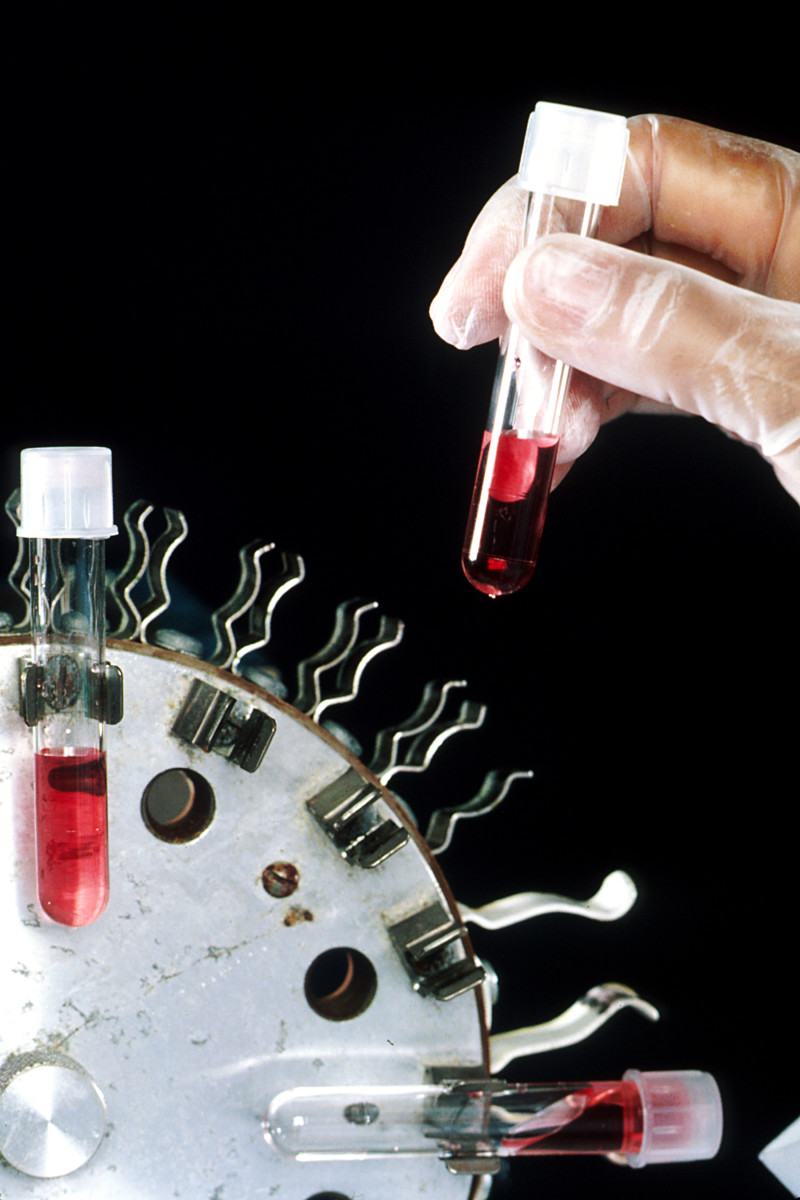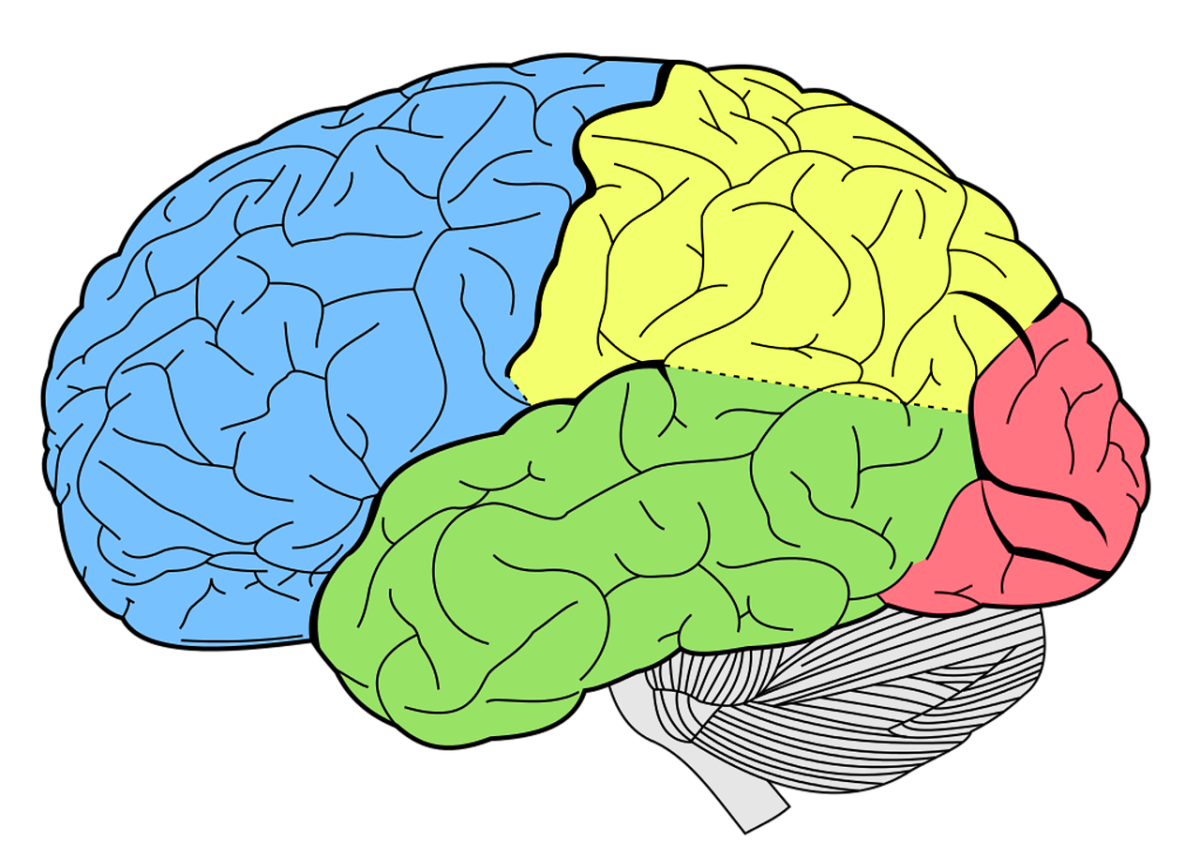What is Chemo Brain? Chemo Brain Is Real
AKA: Where did I put my brain?
Sometimes I think I would forget my brain if it weren’t attached to my body. One year after cancer treatment I still have trouble remembering things; I forget words in sentences and often have difficulty concentrating and multi-tasking, which as a mother I should be able to do well! Many cancer survivors I’ve spoken to have described experiencing the same or similar things – we all have some degree of “chemo brain.”
Many just chalk it up to a coping mechanism by the brain during stressful times. I had rather aggressive chemotherapy treatment for 6 months, followed by radiation, and during that time I noticed a worsening of the symptoms. I searched the World Wide Web and found that chemotherapy can cause “chemo brain.” As I moved into survivorship, I noticed that the memory problems were not getting any better.

At this time, it is still unknown what triggers different degrees of chemo brain in various people, but it has been documented that some cancer drugs cause changes to brain activity. What is known is that “chemo brain” is a real side effect of cancer treatment – for both men and women.
Research is ongoing in hopes of understanding more clearly the cognitive impairments that people affected by cancer experience. The development of targeted therapies aimed at improving or even resolving this side effect of chemotherapy – “chemo brain” – is also being researched.
What is Chemo Brain?
- Forgetting things that you usually have no trouble recalling.
- Trouble concentrating of focusing on what you are doing.
- Trouble remembering details like names, dates and sometimes events.
- Trouble multi-tasking, like answering the phone while cooking without losing track of what you’re doing – overall less ability to do more than one thing at a time.
- Taking longer to finish things due to slower thinking and processing and trouble remembering common words – inability to finish a sentence because you can’t find the right words.
What Can I do to Manage Chemo Brain?
- Use a detailed daily planner to keep track of appointments and schedules, to do lists, important dates, phone numbers, and addresses. Keep everything in one place and it’ll make it a whole lot easier to find the reminders that you need.
- Exercise your brain – take a class, do word puzzles, learn something new!
- Get enough sleep and rest.
- Exercise your body – regular physical activity will be good not only for your body but for your mood, your alertness, and your fatigue.
- Eat your veggies! Studies have shown that eating a diet high in vegetables helps to maintain brain power.
- Set up routines and follow them – pick a specific place for objects that you may commonly lose and make sure to put them there every time and try to keep the same daily schedule.
- Don’t try to multi-task, just focus on one thing at a time.
- Track your memory problems – keep a journal of when you notice problems and what’s going on at the time. The time of day, medicines taken, and the situation you’re in may help you distinguish what affects your memory.
If you are experiencing symptoms of chemo brain, it can be frustrating; try not to focus on how much all the symptoms bother you. Accepting that it is a problem can help you to deal with it. Also, remember this – others don’t notice your problems as much as you do. Try to be able to laugh about things that you can’t control – it can help you to cope.
Talk to your family and friends and even doctor about your problems so they are aware. You may want to point people close to you to this article: Talking with the Cancer Patient.
Please, if you're concerned about any side effects you may be experincing from cancer chemotherapy treatments, be sure to seek advice of your doctor.
© 2010 Lily Rose








